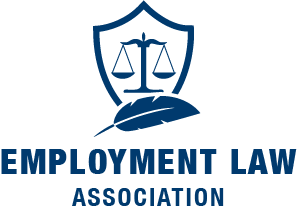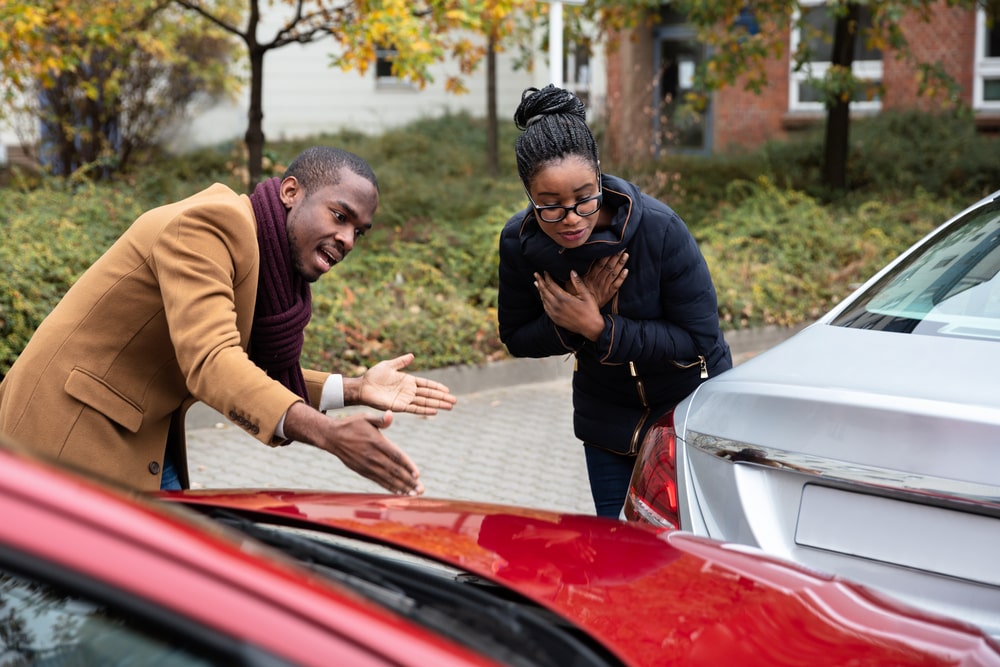The responsibility for a car accident involving a minor (someone under the legal driving age) can vary depending on the circumstances and the laws of the jurisdiction in which the accident occurs. Here are some key factors to consider according to a car accident lawyer with our friends at Kiefer & Kiefer:
Driver’s Age: If the minor was driving the vehicle, they may be held responsible for the accident to some extent. Minors are generally not allowed to drive without a valid learner’s permit or driver’s license, and they are expected to follow traffic laws. If the minor was driving recklessly or without a proper license, they could be held liable.
Parental or Guardian Responsibility: In many cases, the legal guardians or parents of a minor can be held responsible for the actions of the minor, including accidents they cause while driving. This is often based on the legal principle of “vicarious liability,” where the owner of the vehicle (typically a parent or guardian) can be held liable for the actions of someone they’ve entrusted the vehicle to, such as a minor child.
Insurance: The insurance of the vehicle owner can come into play. If a minor was driving a vehicle with the owner’s permission, the owner’s insurance may cover the damages resulting from the accident. Insurance policies typically cover accidents caused by permissive users of the insured vehicle.
State Laws: Laws regarding liability for accidents involving minors can vary by jurisdiction. Some states may have specific laws governing the liability of parents or guardians for their minor children’s actions, while others may rely on general principles of negligence and liability.
It’s essential to consult with legal experts in your specific jurisdiction to understand how the law applies to your particular situation. If you’re involved in such a situation, it’s advisable to contact your insurance company and an attorney to guide you through the legal process. Minors typically lack the legal capacity to make decisions on their own. An attorney can guide parents or legal guardians through the process of making decisions on behalf of the minor, ensuring their best interests are upheld.
Lawyers can conduct a thorough investigation into the accident to determine liability. This includes collecting evidence, speaking with witnesses, analyzing police reports, and consulting accident reconstruction experts, if necessary. Additionally, dealing with insurance companies can be complex and overwhelming. A lawyer can handle all communications with insurance adjusters, ensuring that the minor’s rights are protected and that they receive fair compensation for their injuries and damages.
An attorney can help coordinate medical treatment for the minor, ensuring they receive the necessary care and rehabilitation. They can also assess the long-term medical and financial needs to include in any settlement negotiations. In cases of severe injuries or disabilities, a lawyer can work to secure compensation for future medical expenses, ongoing care, and loss of future earning capacity. If necessary, an attorney can file a lawsuit on behalf of the minor to seek compensation for damages, including medical bills, pain and suffering, and other losses incurred due to the accident.
In summary, involving a lawyer when a minor is involved in a car accident is essential to navigate the legal complexities, safeguard the minor’s rights, and secure the compensation needed for their recovery and well-being. The attorney’s expertise and guidance can make a significant difference in ensuring a favorable outcome for the minor and their family. Contact a lawyer near you if you are in an accident involving a minor.

